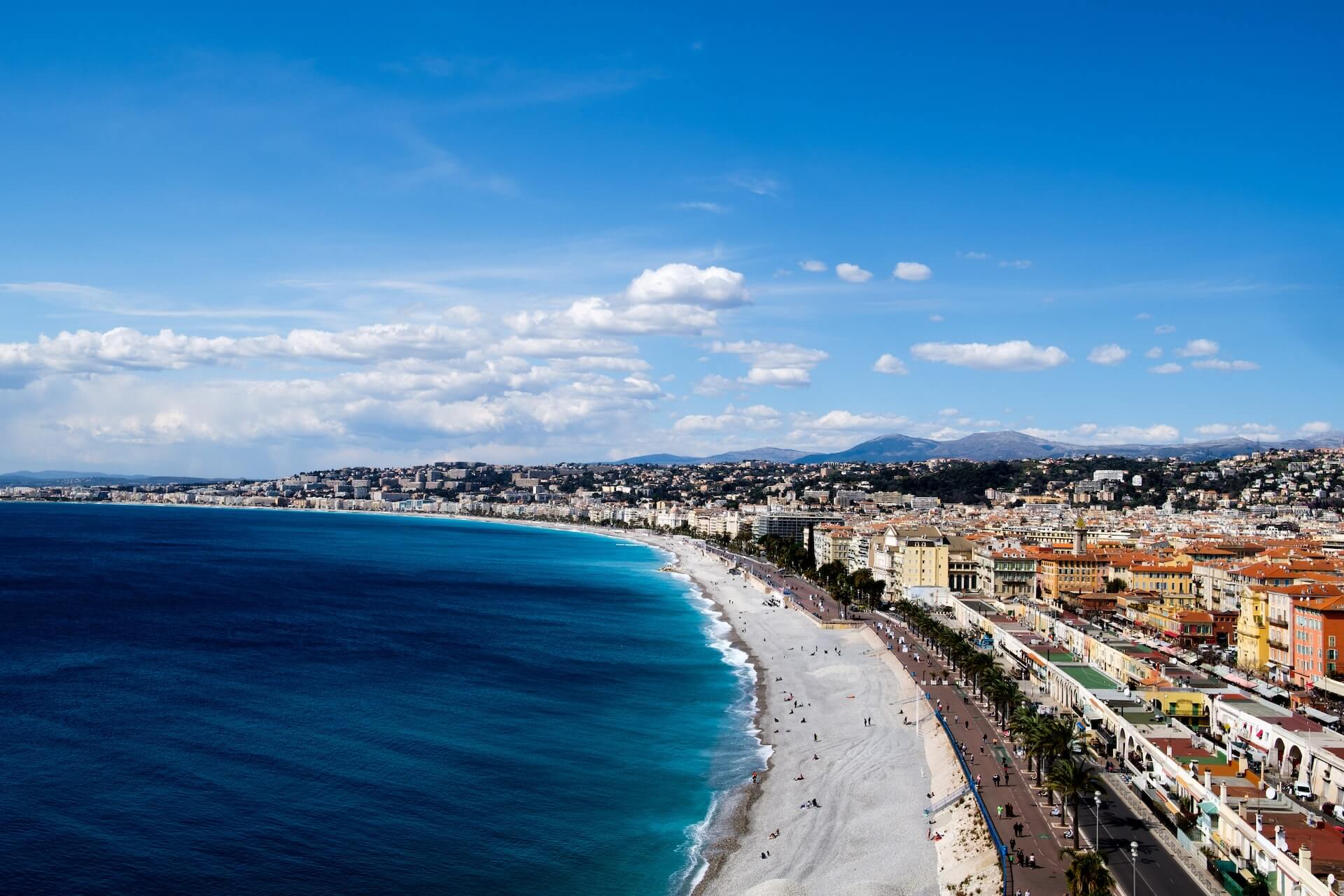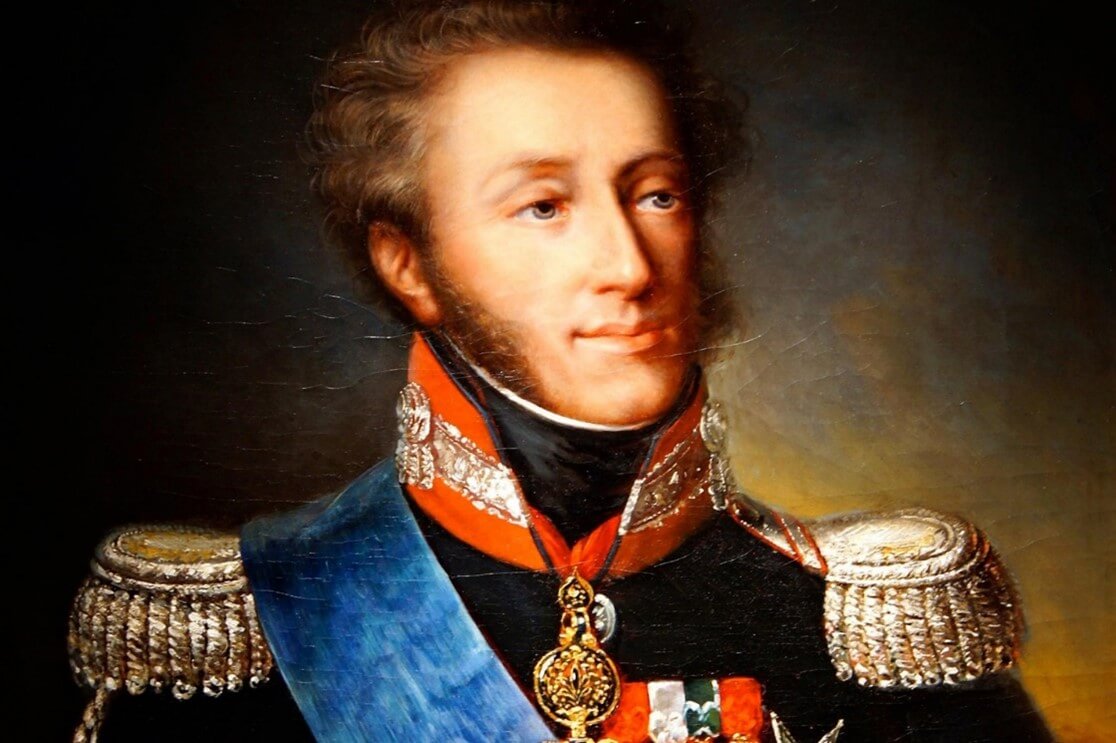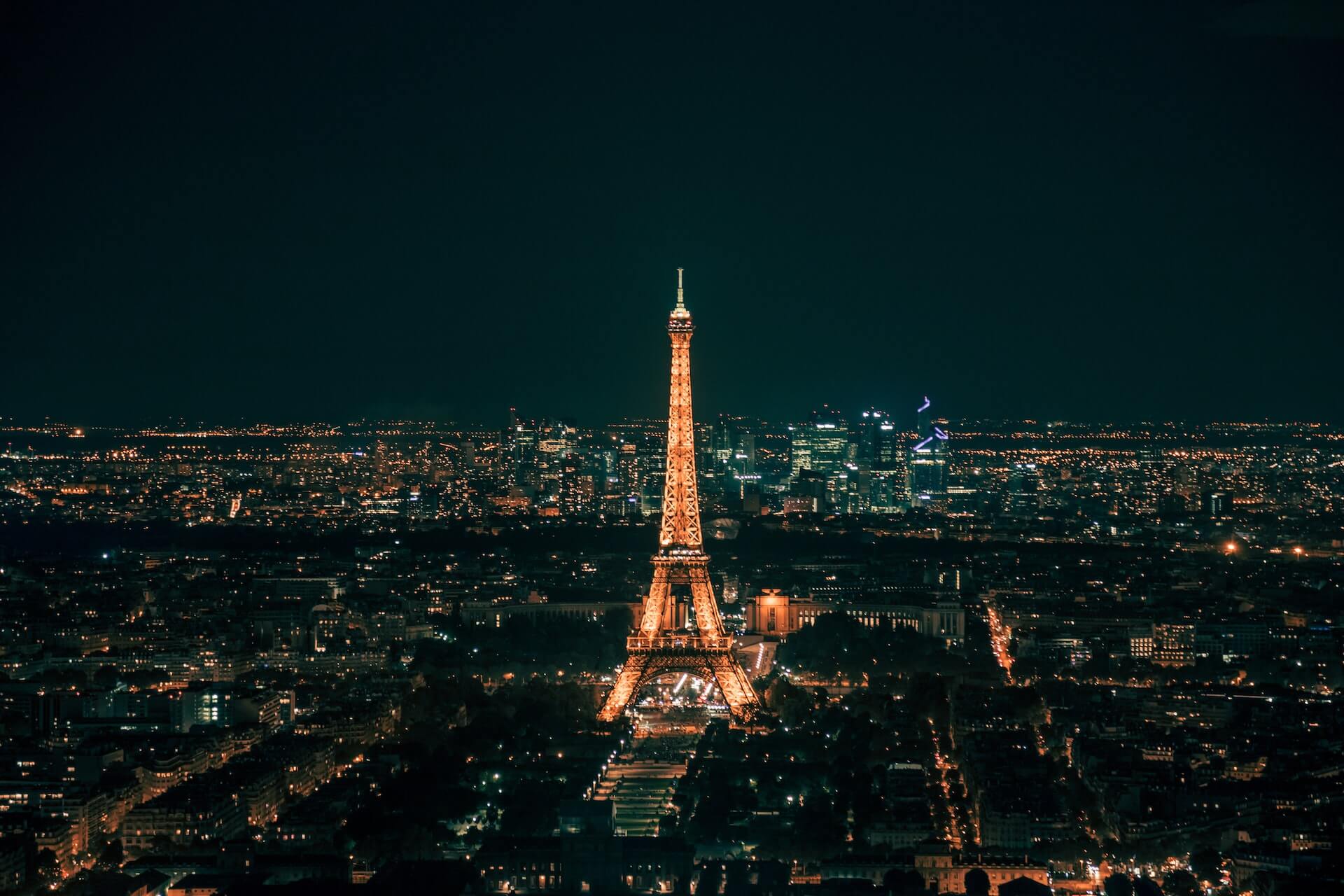Things to know before moving to France
France Facts
- Capital City: Paris, France
- Population of France: 68 million people
- National Motto: Liberté, égalitié, fraternité
- Cool Fact: This is also the national motto of Haiti. It means Liberty, Equality and Fraternity
- The French Flag is Blue White and Red. Le Drapeau Tricolore is translated to The Three-Colored Flag. (How appropriate)
- French is the official language of 29 countries in the world. (Canada being one of them)
- In Fact, French was once the official language of England! From 1066 to 1362 after the Norman Conquest

Did you know that France is the largest country in Europe and one of the most popular tourist destinations in the world? France has good food, amazing wine, beautiful cities, and charming culture. It's no surprise that everyone wants to visit!
From the largest art museum to a bread superstition, this list covers it all. Keep reading for 17 fun facts about France that will make you want to hop on an airplane immediately.
-
France has universal healthcare
France has a high-quality healthcare system that offers universal coverage for all citizens, regardless of age or economic situation. It consists of an integrated network of public and private services including doctors, hospitals, and specialist providers.
Permanent residents living in France for a minimum of three months with the means to demonstrate intent to continue their residency are eligible for public healthcare. In general, the government of France covers approximately 70% of all costs. Meanwhile, the patient is responsible for the remaining 30%. Interestingly, France has more doctors per capita than the U.S. and more hospital beds. In fact, the World Health Organization concluded that France has the world's number one healthcare system.
-
France is the largest country in the EU and is sometimes called the hexagon.
France covers a total area of 551,695 square kilometers. However, it is only the third-largest country in Europe, behind Ukraine and the European portion of Russia. Around a third (31%) of France is forest and it is the fourth most forested country in the EU, after Sweden, Finland, and Spain. The country is also sometimes referred to as “l'hexagone” due to its six-sided shape.
-
France is the world's most popular tourist destination
It might be time to brush up on your French language skills because France is the place to be, according to the latest tourism figures. A whopping 90.0 million people visited the country in 2019, making it the most visited destination in the world. The country's capital, Paris, is also the second most visited city in the world with 19.10 million visitors, behind Bangkok (22.78 million visitors) and before London (19.09 million visitors). Be prepared for tourists!
-
Did you know French was the official language of England for about 300 years?
It's hard to imagine that French was the official language of England between 1066 and 1362. But after William the Conqueror led the Norman conquest and subsequent occupation of England in 1066, he introduced Anglo-Norman French to the nation. This was spoken by royalty, aristocrats, and high-powered officials, some of whom couldn't speak any English! In 1362, however, parliament passed the Pleading in English Act, making English the official language of government. This was because Norman French was used for pleadings but was largely unknown to the common people of England, who had no knowledge of what was being said in court.
-
Louis XIX was the king of France for just 20 minutes, the shortest reign ever
Yes, you read that right. The French king only enjoyed 20 minutes of royal fame after his father Charles X abdicated, leaving him to ascend the French throne in July 1830. After this brief period, Louis-Antoine also abdicated in favor of his nephew, the Duke of Bordeaux. This makes him the joint shortest reigning monarch in history. He shares the astonishing record with Crown Prince Luís Filipe, who technically became king of Portugal after his father was assassinated. But he also died from a wound 20 minutes later.

-
'Liberté, égalitié, fraternité' or 'liberty, equality, fraternity' is the national motto
The famous motto first appeared around the time of the Revolution (1789-1799) and was written into the constitutions of 1946 and 1958. Nowadays, you'll still see it on coins, postage stamps, and government logos; often alongside 'Marianne' who symbolizes the triumph of the Republic. The legal system in France is still largely based on the principles set down in Napoleon Bonaparte's Code Civil after the revolution, in the 1800s.
-
In France, you can marry a dead person!
One rather shocking fact about France is that under French law, you can marry posthumously in exceptional cases. This is on the condition that you can prove that the deceased had the intention of marrying you while they were alive. You must also receive permission from the French president. The most recent approved case was in 2017 when the partner of a gay policeman gunned down on Paris's Champs-Elysees by a jihadist was granted permission to marry his partner posthumously.
-
The French invented tin cans, the hairdryer, and the hot air balloon
It turns out we have the French to thank for many of the useful inventions we know and love today. For instance, French inventor Nicolas Appert came up with the idea to use sealed glass jars placed in boiling water to preserve food in 1809. Pierre Durand later invented the tin can. Braille was also developed by Louis Braille who was blinded as a child, in Paris. Meanwhile, physician René Laennec invented the stethoscope at a hospital in Paris in 1816 and Alexandre-Ferdinand Godefroy patented the world's first hair dryer in 1888. The majestical hot air balloon was also pioneered by the Montgolfier brothers Joseph and Etienne who unveiled the world's first public display of an untethered balloon in 1783.
-
France was the first country in the world to ban supermarkets from throwing away food
In February 2016, France became the first country in the world to ban supermarkets from throwing away or destroying unsold food. Stores must now donate surplus groceries to food banks and charities. Supermarkets larger than 400 square meters that are caught binning good quality food approaching its best-before date face hefty fines of up to €75,000 or two years of imprisonment. Furthermore, all French supermarkets are also banned from destroying food as a way to prevent 'dumpster divers' from foraging in garbage bins. Nice one, France!
-
France legalized same-sex marriage in 2013
When President Françoise Holland signed the bill into law on 18 May 2013, France became the ninth country in Europe and 14th in the world to legalize same-sex marriage. Although polls at the time showed that around 50% of French people supported it, not everyone was happy about it. In fact, thousands of people defending the so-called 'family values' took to the streets in protest.
-
France has more Nobel Prize winners in Literature than any other country
With 15 French individuals winning the prestigious award since 1901, it's fair to say that France has produced some of the world's most influential writers and thinkers. French poet and essayist Sully Prudhomme became the first-ever winner of the award that year. Among France's most celebrated poets, novelists, and writers are René Descartes, Voltaire, Charles Baudelaire, Blaise Pascal, Gustave Flaubert, and Victor Hugo.
-
Europe's highest mountain is Mont Blanc in the French Alps
Standing at a height of 4,807m, Mont Blanc is officially the second-highest mountain in Europe. It takes an arduous 10 to 12 hours to climb to the summit. But if you're not up for that, you can take a leisurely 20-minute trip up on Europe's highest cable car on the nearby Aiguille du Midi to get a brilliant view from the top. Discover other amazing places to visit in France!

-
France is home to the most visited museum in the world, the Louvre
With a whopping 9.6 million visitors in 2019, the famous Louvre is the most visited museum in the world. Located in the heart of Paris, the magnificent museum is home to around 38,000 works of art and artifacts dating back to prehistoric times. These include the Mona Lisa, the Venus de Milo, and IM Pei's famous glass Louvre Pyramid which sits in the courtyard. Unsurprising, the Louvre is one of the busiest places to visit in Paris.
-
Live snails must have a ticket to ride high-speed trains
No, we're not making this up - we promise! According to French law, it is against the law to carry live snails on a high-speed train in France without them having their own tickets. In fact, any domesticated animal under 5kg must be a paying passenger. In 2008, a Frenchman was actually fined when a ticket inspector caught him carrying the critters on board a TGV. Luckily, though, France's state-owned rail company SNCF ended up waving the fine.
-
French law forbids couples from kissing on train platforms
Speaking of seemingly crazy laws and decrees, this one is totally bizarre. In France, it is actually illegal to kiss while a train is on the platform. This old law was introduced in 1910 at the request of rail chiefs who wanted to prevent the amorous French from delaying the departure of trains. All kissing on the platform must now be done before the train arrives. There goes that dramatic Hollywood movie kiss!
-
The croissant was actually invented in Austria in the 13th century
That's right, believe it or not, the beloved French pastry that we all know, and love is actually an adaptation of a kipferl; a Viennese specialty that dates back to the 13th century. As the story goes, Austrian artillery officer, August Zang, founded a Viennese bakery in Paris in 1839. He began serving the kipferl and it quickly became popular with the locals. So much so, in fact, that French imitators began creating their own French version which they called the croissant due to its crescent shape. And the rest, as they say, is history. Imitation is the sincerest form of flattery, after all.
-
Turning a baguette upside down is seen as unlucky in France
Oh, the French are a suspicious bunch! According to folklore, placing a baguette or a loaf of bread on the table upside down puts the people around you at risk of misfortune, or worse - death. This quirky superstition supposedly stems from medieval times when executioners were allowed to grab things in shops without paying for them. Hence, bakers would leave an overturned loaf of bread out for them. And if you came to touch the bread or placed a loaf upside-down yourself, you then had to mark it with the cross before eating it to ward off bad luck. Yikes!
-
France produces around 1.7 million tons of cheese a year in around 1,600 varieties
To say the French love to eat cheese is a huge understatement. The dairy-munching nation produced around 1.7 million tons of cow's milk cheese in 2018 alone. There are around 1,600 distinct types of French cheese to try, which are grouped into eight categories. Thankfully, the French don't keep it all for themselves. In 2018, the country exported more than 679,000 tons of cheese, while almost 895,000 tons were sold on the French retail market in 2017. Merci beaucoup!


For more information on moving to France, visit the below website: